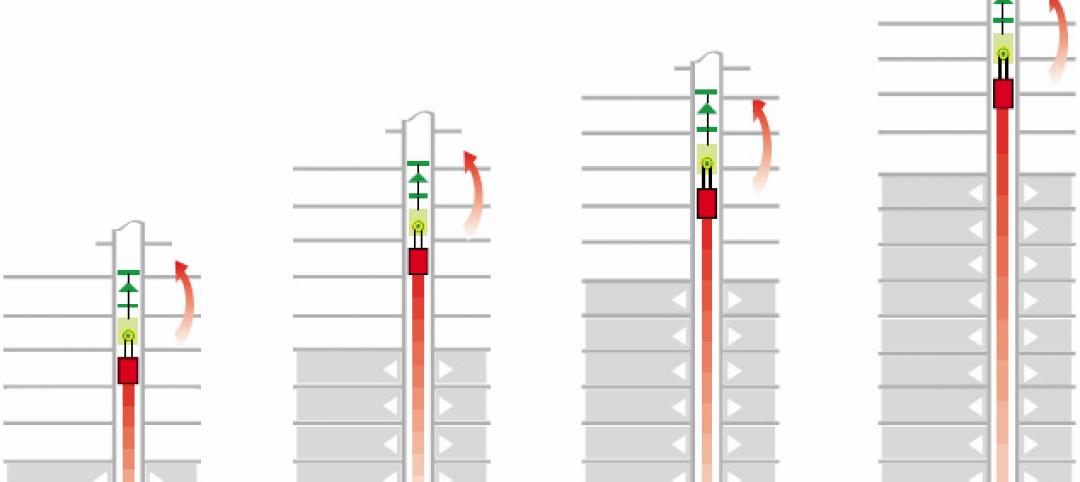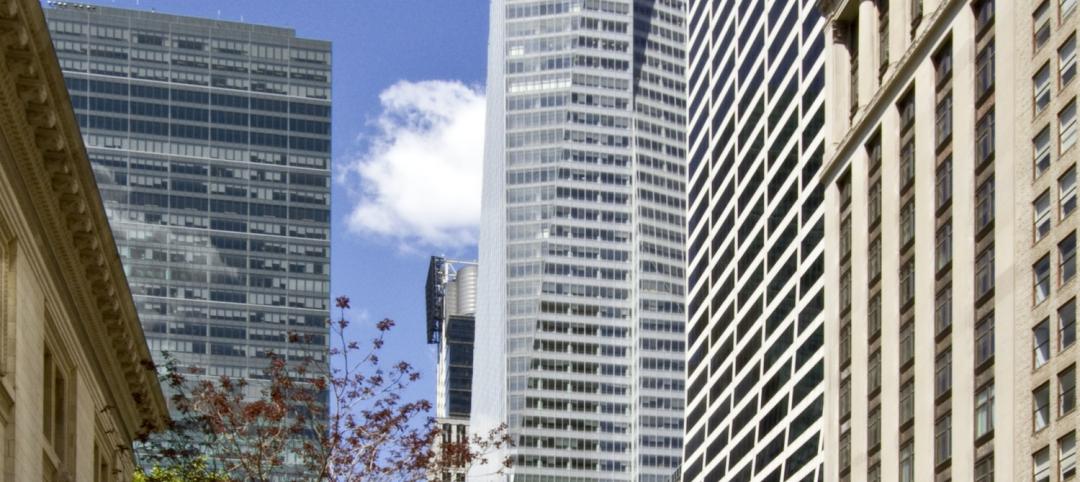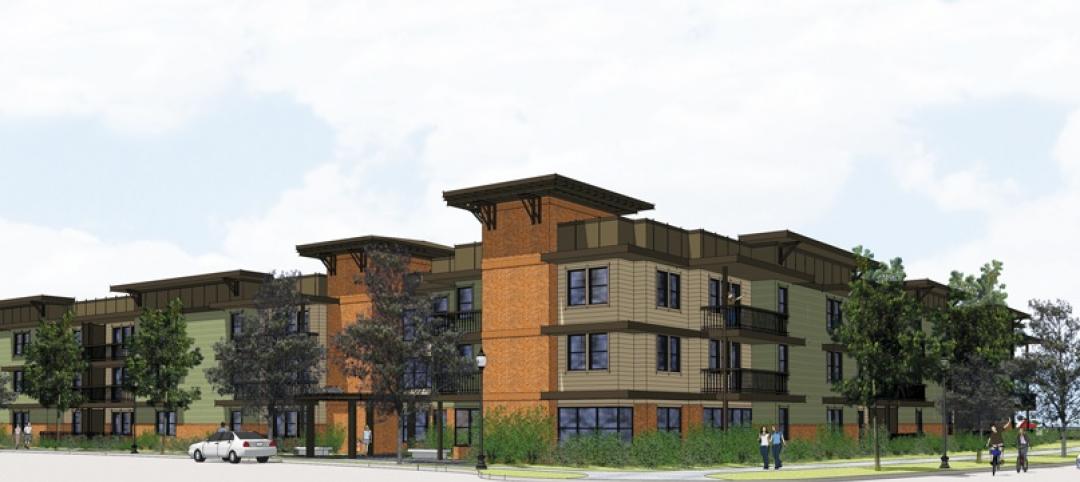The National Multifamily Housing Council and the National Apartment Association launched the latest phase of “WeAreApartments,” a marketing campaign that promotes the importance of the apartment industry to the U.S. economy.
Using research from George Mason University’s Center for Regional Analysis, the groups claim that there are more than 37 million Americans—12% of the population—living in just under 20 million apartment units nationwide. Apartments and their residents contribute $1.3 trillion annually to the economy through construction, property management, and other jobs the industry supports.
This research provides some interesting factoids about the apartment sector: For example, 49% are one-person households, compared to 24% of apartments with three or more people in them. The highest portion of apartment buildings—27%—has either 50 units or more, or a between five and nine units. The apartment housing stock is aging, too: more than half was built between 1959 and 1979.
The campaign contends that the country needs between 300,000 and 400,000 new apartments each year to keep up with demand.
Apartments contribute more to the New York metropolitan area’s economy—$111.5 billion annually—than in any other market. Multifamily accounted for 44% of residential permits issued in Dallas-Fort Worth last year. And $2.3 billion was spent on apartment construction in Los Angeles.
(The campaign’s website includes an Apartment Community Estimator, which allows metros and states to figure out the economic construction from the apartment sector in their respective areas.)
The campaign contends that the country needs between 300,000 and 400,000 new apartments each year to keep up with demand. “What construction has accelerated in response, many communities still lack sufficient housing options,” it reports.
To get its message out, the groups sponsoring this campaign have devised a new series of print and online ads that attempts to get beyond perceived stereotypes about apartment dwellers. For example, one ad shows a young African-American woman sitting in the kitchen of her apartment. The ad describes her as “Botanist. Swim Coach. Pickle Easter. Renter,” followed by the campaign’s tagline “Apartments. We Live Her.” Another ad states humorously that “Liberals Live In Them. So Do Conservatives, But In Another Wing.”
One of the campaign’s more provocative messages is that apartment dwellers are fulfilling their “The American Dream.” That phrase, heretofore, had been reserved for homeownership, but younger Americans’ avidity for owning a house is still uncertain.
Related Stories
| Nov 7, 2014
Prefab helps Valparaiso student residence project meet an ambitious deadline
Few colleges or universities have embraced prefabrication more wholeheartedly than Valparaiso (Ind.) University. The Lutheran-based institution completed a $27 million residence hall this past summer in which the structural elements were all precast.
| Nov 3, 2014
Novel 'self-climbing' elevator operates during construction of high-rise buildings
The JumpLift system from KONE uses a mobile machine room that moves upward as the construction progresses, speeding construction of tall towers.
| Nov 3, 2014
Cairo's ultra-green mixed-use development will be topped with flowing solar canopy
The solar canopy will shade green rooftop terraces and sky villas atop the nine-story structure.
| Oct 31, 2014
Dubai plans world’s next tallest towers
Emaar Properties has unveiled plans for a new project containing two towers that will top the charts in height, making them the world’s tallest towers once completed.
| Oct 29, 2014
Better guidance for appraising green buildings is steadily emerging
The Appraisal Foundation is striving to improve appraisers’ understanding of green valuation.
| Oct 27, 2014
Studio Gang Architects designs residential tower with exoskeleton-like exterior for Miami
Jeanne Gang's design reinvents the Florida room with shaded, asymmetrical balconies.
| Oct 21, 2014
Passive House concept gains momentum in apartment design
Passive House, an ultra-efficient building standard that originated in Germany, has been used for single-family homes since its inception in 1990. Only recently has the concept made its way into the U.S. commercial buildings market.
| Oct 21, 2014
Perkins Eastman white paper explores state of the senior living industry in the Carolinas
Among the experts interviewed for the white paper, there was a general consensus that the model for continuing-care retirement communities is changing, driven by both the changing consumers and more prevalent global interest on the effects of aging.
| Oct 16, 2014
Perkins+Will white paper examines alternatives to flame retardant building materials
The white paper includes a list of 193 flame retardants, including 29 discovered in building and household products, 50 found in the indoor environment, and 33 in human blood, milk, and tissues.
| Oct 15, 2014
Harvard launches ‘design-centric’ center for green buildings and cities
The impetus behind Harvard's Center for Green Buildings and Cities is what the design school’s dean, Mohsen Mostafavi, describes as a “rapidly urbanizing global economy,” in which cities are building new structures “on a massive scale.”
















